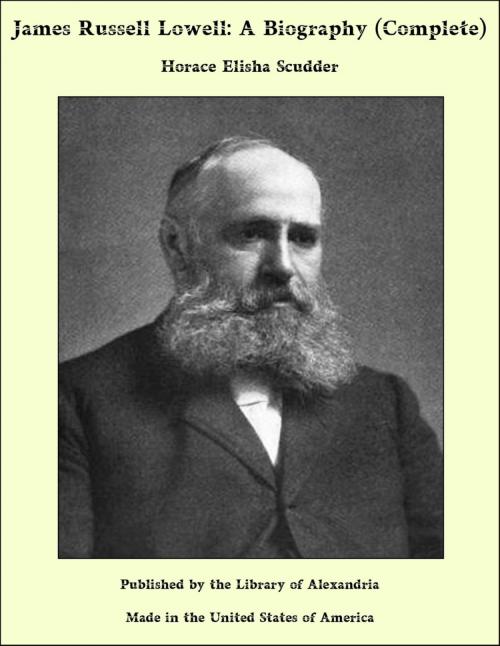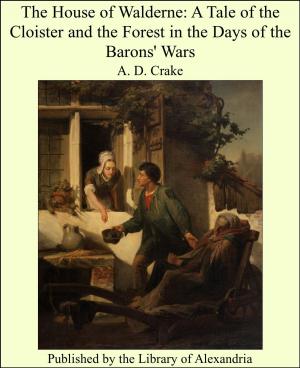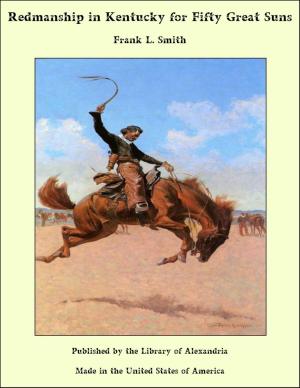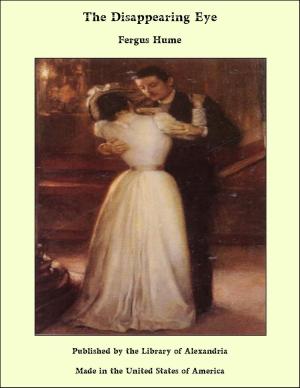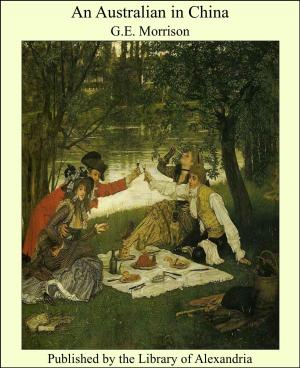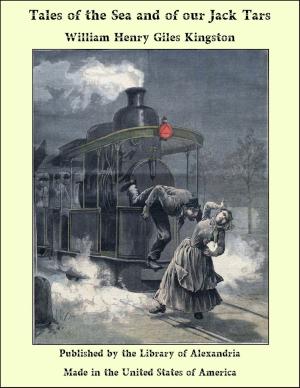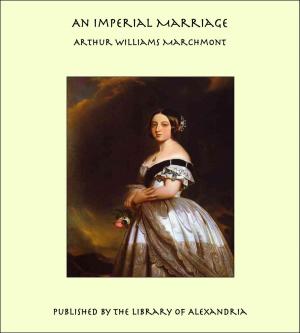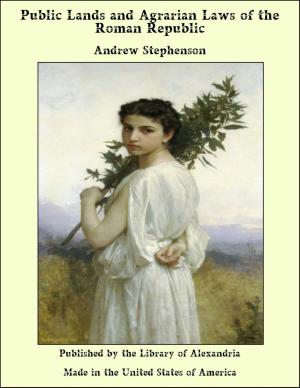James Russell Lowell: A Biography (Complete)
Nonfiction, Religion & Spirituality, New Age, History, Fiction & Literature| Author: | Horace Elisha Scudder | ISBN: | 9781465621900 |
| Publisher: | Library of Alexandria | Publication: | March 8, 2015 |
| Imprint: | Language: | English |
| Author: | Horace Elisha Scudder |
| ISBN: | 9781465621900 |
| Publisher: | Library of Alexandria |
| Publication: | March 8, 2015 |
| Imprint: | |
| Language: | English |
James Russell Lowell was born at Elmwood in Cambridge, New England, Monday, 22 February, 1819. When he was about to leave England at the close of his term as American minister, he was begged by a friend to make Washington his home, for there he would find the world in which lately he had been living; but he answered: “I have but one home in America, and that is the house where I was born, and where, if it shall please God, I hope to die. I shouldn’t be happy anywhere else;” and at Elmwood he died, Wednesday, 12 August, 1891. The place was endeared to him by a thousand memories, and he liked it none the less for the historic associations, which lent it a flavor whimsically suggestive to him of his own lurking sympathy. “It will make a frightful Conservative of you before you know it,” he wrote in 1873 to Mr. Aldrich, then living at Elmwood; it was born a Tory and will die so. Don’t get too used to it. I often wish I had not grown into it so.” The house was one of a succession of spacious dwellings set in broad fields, bordering on the Charles River, built in the eighteenth century, and occupied for the most part, before the War for Independence, by loyal merchants and officers of the Crown. They were generous country places, pleasantly remote from Boston, which was then reached only by a long détour through Brookline and Roxbury, and the owners of these estates left them, one by one, as they were forced out by the revolt of the province: but the name of Tory Row lingered about the group, and there had been no great change in the outward appearance of the neighborhood when Lowell was born in one of these old houses. From the colleges, past the unenclosed common, a road ran in the direction of Watertown. It skirted the graveyard, next to which was Christ Church, the ecclesiastical home of the occupants of Tory Row, and shortly turned again by an elm already old when Washington took command, under its shade, of the first American army. Along the line of what is now known as Mason Street, it passed into the thoroughfare upon which were strung the houses of Tory Row; a lane entered it at this point, down which one could have walked to the house of the vacillating Thomas Brattle, occupied during the siege of Boston by Quartermaster-General Mifflin; the main road, now known as Brattle Street, but in Lowell’s youth still called the Old Road, keeping on toward Watertown, passed between the estates of the two Vassalls, Henry and John, Colonel John Vassall’s house becoming in the siege of Boston the headquarters of Washington, and wreathing its sword later in the myrtle boughs of Longfellow. Then, at what is now the corner of Brattle and Sparks streets, stood the Lechmere house, afterward Jonathan Sewall’s, and occupied for a while by the Baron Riedesel, when he was a prisoner of war after the defeat of Burgoyne, in whose army he commanded the Hessian forces.
James Russell Lowell was born at Elmwood in Cambridge, New England, Monday, 22 February, 1819. When he was about to leave England at the close of his term as American minister, he was begged by a friend to make Washington his home, for there he would find the world in which lately he had been living; but he answered: “I have but one home in America, and that is the house where I was born, and where, if it shall please God, I hope to die. I shouldn’t be happy anywhere else;” and at Elmwood he died, Wednesday, 12 August, 1891. The place was endeared to him by a thousand memories, and he liked it none the less for the historic associations, which lent it a flavor whimsically suggestive to him of his own lurking sympathy. “It will make a frightful Conservative of you before you know it,” he wrote in 1873 to Mr. Aldrich, then living at Elmwood; it was born a Tory and will die so. Don’t get too used to it. I often wish I had not grown into it so.” The house was one of a succession of spacious dwellings set in broad fields, bordering on the Charles River, built in the eighteenth century, and occupied for the most part, before the War for Independence, by loyal merchants and officers of the Crown. They were generous country places, pleasantly remote from Boston, which was then reached only by a long détour through Brookline and Roxbury, and the owners of these estates left them, one by one, as they were forced out by the revolt of the province: but the name of Tory Row lingered about the group, and there had been no great change in the outward appearance of the neighborhood when Lowell was born in one of these old houses. From the colleges, past the unenclosed common, a road ran in the direction of Watertown. It skirted the graveyard, next to which was Christ Church, the ecclesiastical home of the occupants of Tory Row, and shortly turned again by an elm already old when Washington took command, under its shade, of the first American army. Along the line of what is now known as Mason Street, it passed into the thoroughfare upon which were strung the houses of Tory Row; a lane entered it at this point, down which one could have walked to the house of the vacillating Thomas Brattle, occupied during the siege of Boston by Quartermaster-General Mifflin; the main road, now known as Brattle Street, but in Lowell’s youth still called the Old Road, keeping on toward Watertown, passed between the estates of the two Vassalls, Henry and John, Colonel John Vassall’s house becoming in the siege of Boston the headquarters of Washington, and wreathing its sword later in the myrtle boughs of Longfellow. Then, at what is now the corner of Brattle and Sparks streets, stood the Lechmere house, afterward Jonathan Sewall’s, and occupied for a while by the Baron Riedesel, when he was a prisoner of war after the defeat of Burgoyne, in whose army he commanded the Hessian forces.
